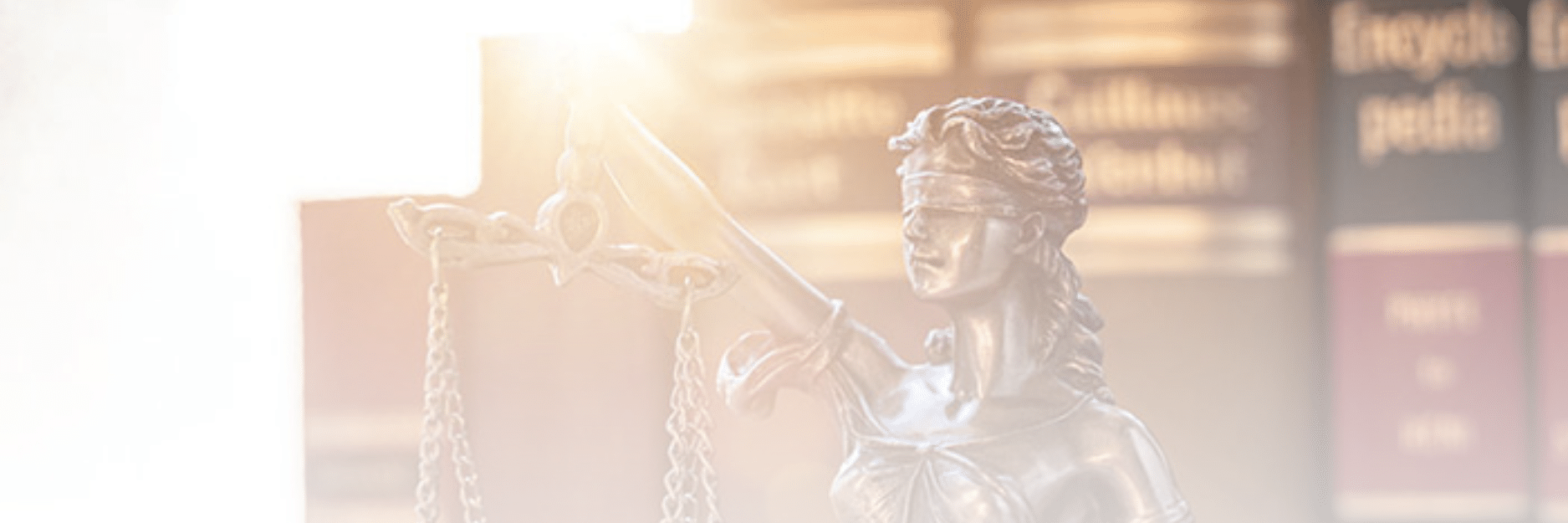The Bahamas (Northern Region)
Turks and Caicos
Amsterdam
Cyprus
Cayman Islands
Jamaica
Barbados
British Virgin Islands

February 13 2023
Litigants are understandably keen to appoint an expert witness likely to be most sympathetic to their case when providing evidence. But at what point could changing experts become ‘expert shopping’ – of which the courts take a dim view?
The commercial litigation lawyers at award-winning firm ParrisWhittaker in the Turks & Caicos islands (TCI) and throughout the region are experienced in representing clients involved in disputes and in instructing the best expert to support their case.
What is ‘expert shopping’?
Expert shopping is the practice of changing experts because the party instructing the expert is not happy with their report – eg, because the expert does not support their claim or defence.
However, this practice is frowned upon as it is not in keeping with the Civil Procedure Rules. Under the rules, an expert witness’s overriding duty is to the court; and they must give their evidence impartially. This duty overrides any obligation to the instructing party.
If a litigant is dissatisfied with their expert’s report and decides to ‘shop around for a better deal’, it is not specifically prohibited by the courts – but they do discourage it. Typically, the court will say: if you want a different expert, you must disclose the original expert report to the other side.
The UK’s High Court recently look at this issue and ruled1 on the facts that expert shopping had not occurred. The ruling has persuasive authority on the courts in the TCI, Bahamas and elsewhere.
What’s the background?
The issue arose in a case involving alleged contract breaches relating to the design and construction of a large building project at the University of Manchester in the UK. The university sought the court’s permission to adduce expert evidence from a structural engineering expert.
However, the defendant construction company wanted conditions imposed on any permission granted, on the basis that the university had changed experts. The university disputed this, however the court said whether or not there was a change of expert – it would be normal to grant permission for relevant expert evidence in any case. Therefore, it was for the construction company to convince the court that conditions should be attached.
The court found that the university was effectively seeking permission for a new expert as a replacement for a previously appointed expert who could not be called because of health reasons. But the court also found that two other experts were no longer to be called as there had been a “change of position”.
That said, the case was a long way from the sort of abuse or possible abuse of the expert witness process. The evidence actually showed an openness which “runs contrary to the hidden abuse which expert shopping will typically involve”.
Therefore, there was nothing to suggest evidence of expert shopping to justify disclosure. Permission to call expert evidence was granted to the university – with no conditions attached.
What does this mean?
The court has discretion whether or not to order disclosure of a previous expert report (and other information) to guard against ‘expert shopping’. Where it is satisfied that expert shopping has not taken place, the court is likely to grant permission without conditions attached.
Specialist advice from the outset from the commercial litigation lawyers at ParrisWhittaker in the TCI can help secure the best expert evidence in support of your case. For strategic advice, get in touch as early as possible on info@parriswhittaker.com or +1.242.352.6112
1The University of Manchester v John McAslan & Partners Ltd [2022] EWHC 2750
CLOSE X
